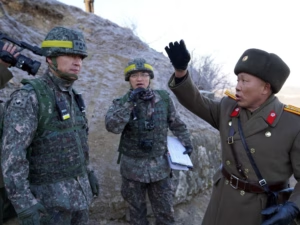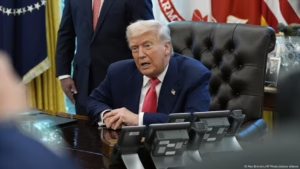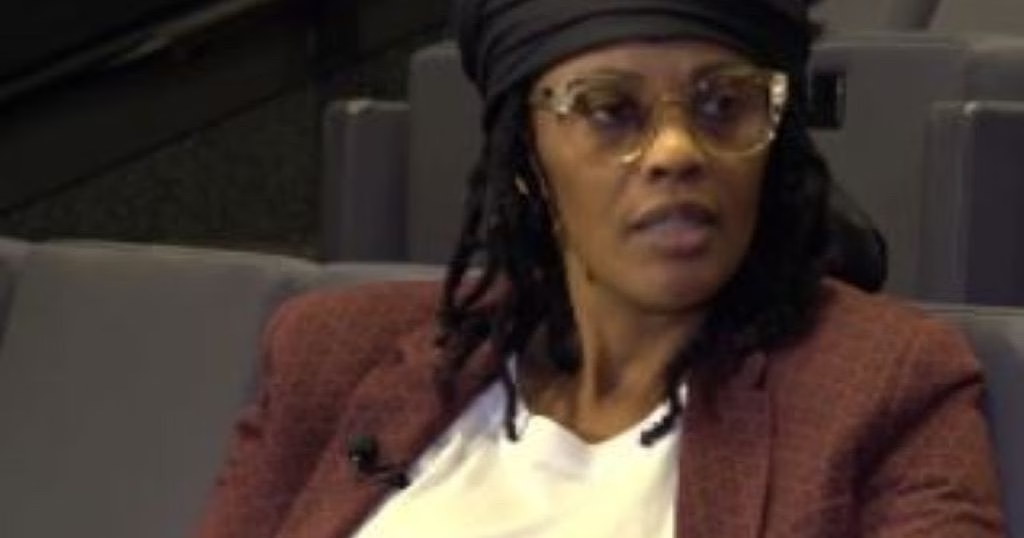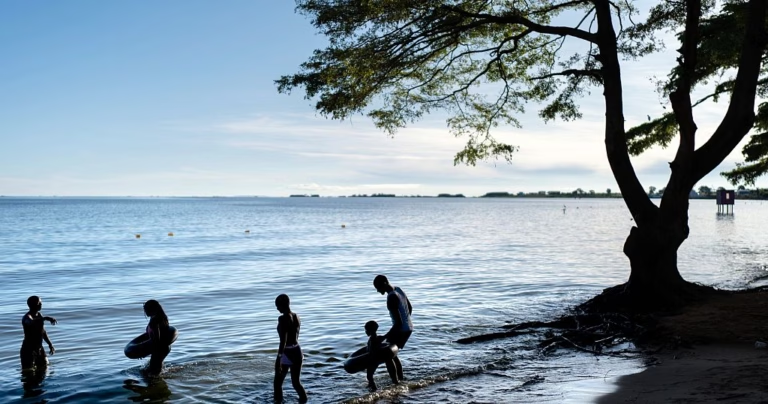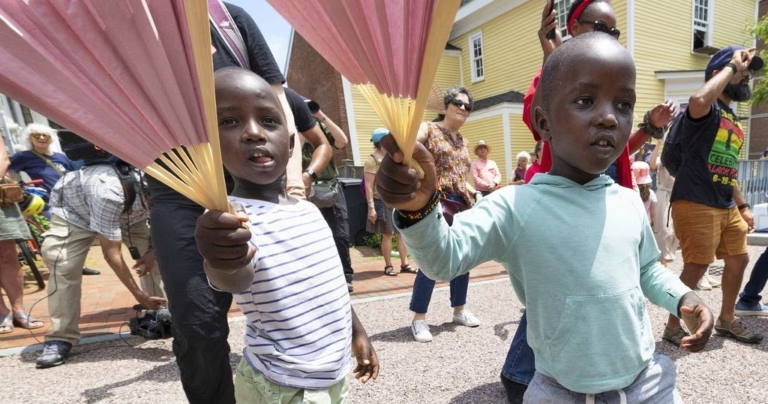
Africanews spoke with Aïsha Dabo, the coordinator and co-founder of programs at the pan-African organization Africtivistes, on the sidelines of the 2025 International Film Festival and Forum on Human Rights in Geneva, which hosted a debate on the topic.
You have led digital initiatives to promote cybersecurity, combat disinformation, and strengthen democratic governance in Africa. What observations have you made regarding public opinion on the continent? Does it shape how African governments manage their international partnerships?
African citizens expect their leaders to properly represent their interests. However, there is a significant gap between what the people want and what leaders are actually implementing in agreements and partnerships they negotiate. At Africtivistes, as a pan-African network, we encourage that governments and the private sector negotiate with the general interest in mind.
The continent is highly sought after for its resources and has long been a battleground for competing global powers. Do you think African governments have realized that they can leverage these rivalries to their advantage?
As long as it serves the country’s interests and leads to mutually beneficial partnerships, I don’t see a problem with it.
However, if these deals only benefit the elite, they aren’t sustainable. These negotiations involve the natural resources of the people, affecting not just the current population but future generations.
Consider Senegal, for example. When the new administration took power, they announced plans to renegotiate contracts that were not in the public’s best interest. Discussions are ongoing to review decisions made under the previous government and assess whether they truly served the Senegalese people.
Africa is being courted by multiple foreign actors, with China and Russia being the most prominent. How have these two countries extended their influence?
Whether it’s Russia, China, or other global powers, their primary interest in Africa is resources and the international influence that comes with them—nothing else. It’s up to Africans, specifically the African elites negotiating these deals, to recognize this reality and ensure that they negotiate in their own interest—not just for those in power and their inner circles.
This issue goes beyond individual leaders. That’s why we focus on raising awareness, sharing information, and equipping young people and communities with the knowledge to understand their rights and responsibilities. This empowers them to make informed decisions, which is why we prioritize this work.
This is the purpose of Africtivistes—empowering civil society and the general public to understand these issues and providing them with the tools to take action.
Yes, and our focus is on democracy. We believe it is a system that can work and each country should be able to define its own model—as long as the three branches of government remain independent and citizens have a voice.
We work to educate citizens on how these systems work. Citizens have the right to vote and pay taxes. But where does their money go? Do they see how it’s used? How can they demand accountability? They should have access to public information that is not classified as a state secret. They should also be able to review contracts negotiated in their name.
Through technology, we develop tools to strengthen civic participation. Our goal is to ensure that Africans are not passive observers of their own future, allowing others to decide what the Africa of tomorrow should look like.
